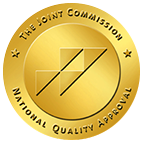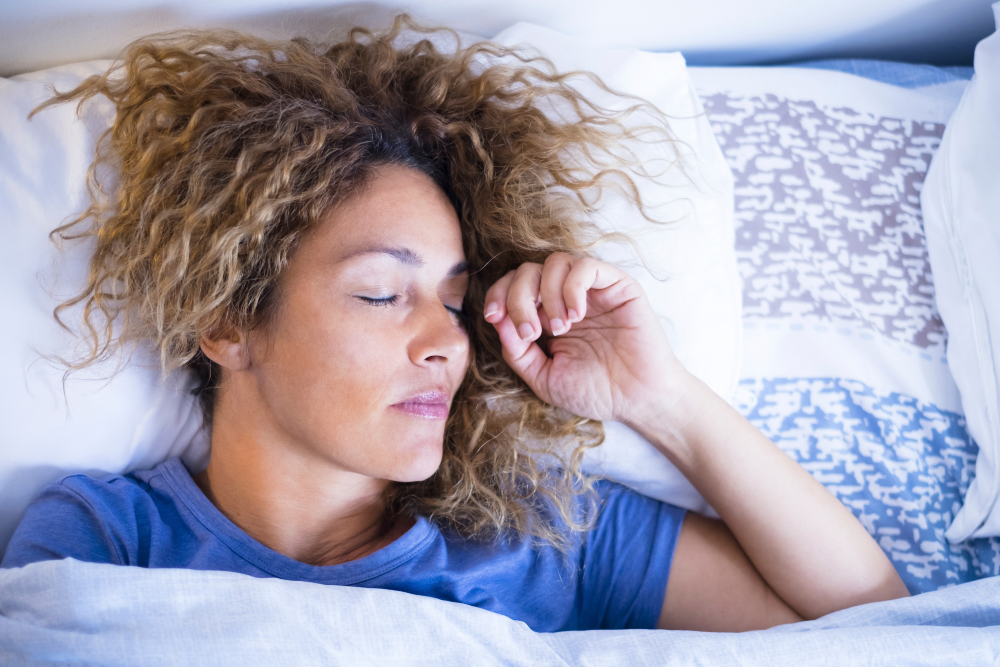
How Alcohol Affects Sleep




The Relationship Between Sleep and Alcohol
In the United States, 70 million people struggle with sleep issues. Sleep issues can increase as the individual increases their alcohol consumption. A recent study found that low amounts of alcohol decreased sleep quality by 9.3%, moderate amounts of alcohol decreased sleep quality by 24%, and high amounts of alcohol decreased sleep quality by 39.2%.
Both problems have a serious impact on quality of life. When impaired through alcohol consumption or lack of sleep, it can become nearly impossible to operate at the best levels. It can hamper the ability to hold a job, maintain interpersonal relationships, operate a motor vehicle, and more.
Why Sleep Matters
Establishing a healthy sleep routine is critical in today’s exhausted, overworked society. In the U.S., bragging can occur with small amounts of sleep because it can appear that more can be fit into a given day, and sleep can be seen as a waste of time.
However, improving sleeping habits is crucial to a long, healthy life. Most experts suggest that adults get seven to nine hours of sleep per night.
While a full night’s sleep can be challenging to achieve in some stages of life, this still remains the goal. It’s one that many experts wish people would take more seriously since many people are ‘always tired’ and accept it as normal.
Proper sleep is directly tied to mental, physical, and emotional health. Restful sleep correlates to safety, happiness, and quality of life.
Healthy sleep habits can help with:
- A stronger immune system
- Faster reflexes
- Improved athletic performance
- Mental clarity
- Better mood
- Improved conflict resolution skills
- Reduced risk of heart disease
On the other hand, chronic sleep deprivation has a cumulative effect on health. Some simple steps that can help with overall health are to drink a glass of water, take a nap, and eat a small snack. Although these activities seem minuscule, they may have a big impact on overall behavioral health.
Sleep deprivation contributes to:
- Memory and focus issues
- Weight gain
- Increased risk of diabetes
- Mood issues
- Brain fog
- Behavioral Health issues
- More illnesses with a weakened immune system
Alcohol and Sleep
Many people associate the effects of alcohol with their personal experiences. Alcohol’s common effects are blacking out, throwing up, and having vicious hangovers the next day.
Drinking alcohol before bed has obvious side effects of immediate sleep, but there is a lot more happening in the body on a less obvious level. Alcohol can indeed help cause the body to fall asleep faster, but it does not cause restful sleep. The idea of having a glass of wine before going to bed is so popular due to the body’s natural reaction to falling asleep quickly.
Alcohol can cause sleep faster because it is known as a depressant—in other words, it’s a sedative. Starting to get sleepy after a few drinks is the body’s signaling that it’s time to shut down and go to sleep.
The effects of alcohol on the body are not felt immediately. It takes time for the alcohol to go through the stomach and small intestine. After this process, the alcohol gets absorbed into the blood and goes through the liver.
It may take up to an hour before alcohol causes the feeling of sleepiness. This sleepy feeling is why so many insomniacs turn to alcohol to help them fall asleep.
The Stages of Sleep
Establishing a healthy sleep routine depends on being aware of the sleep stages. Even after getting eight hours of sleep, or a full night’s rest, sleepiness can still occur. Sleepiness can occur when not all stages of sleep have been completed.
A healthy sleep cycle takes place in four stages. There are three NREM stages and one REM stage. In this context, NREM stands for non-rapid eye movement, and REM stands for rapid eye movement.
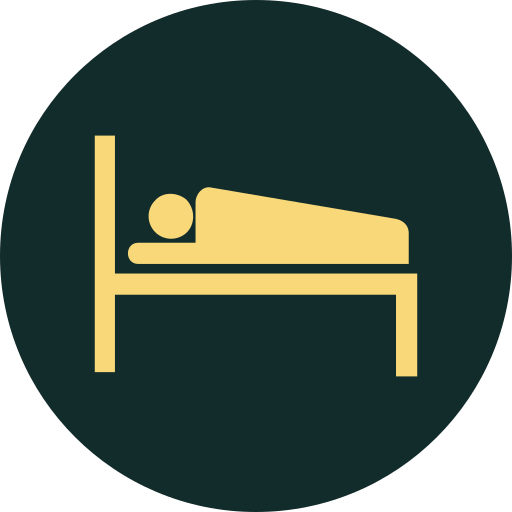
Stage 1 NREM Sleep
The first NREM stage is often associated with feelings of being “half-asleep”. This state may be experienced by feeling mostly unconscious, and everything has faded out. The muscles in the body are relaxed, but any sort of noise or movement may cause an awakening from sleep.
This is the light sleep stage when the brain and body begin the transition process from “awake” to “asleep.” During Stage 1, heartbeat, eye movements, muscle tension, brain activity, and breathing will all slow down and relax.
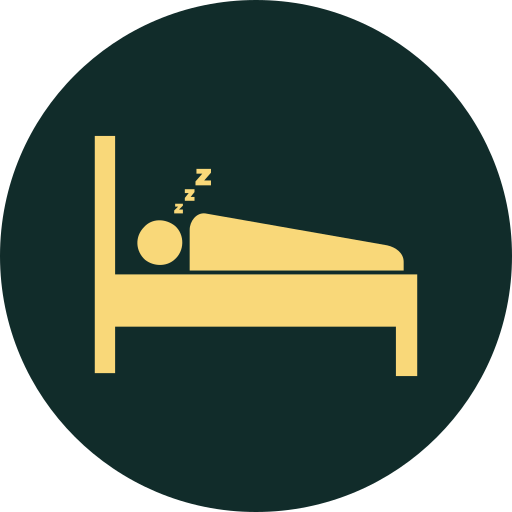
Stage 2 NREM Sleep
After the first stage of the sleep cycle, the body will transition to Stage 2 NREM sleep. Heartbeat and breathing will continue to slow, and the body will start to cool down slightly. The body is in the longest sleep stage now and is progressing toward a deeper sleep stage.
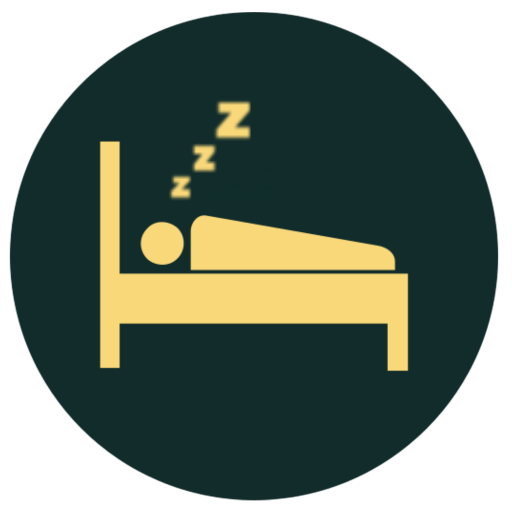
Slow-Wave Sleep (SWS)
The last NREM stage is often called slow-wave sleep (SWS) and is known to be the deepest sleeping stage. Heartbeat, brain activity, and breathing reach the slowest pace they will achieve during healthy sleep. Muscles are completely relaxed during SWS, and cells are regenerated.
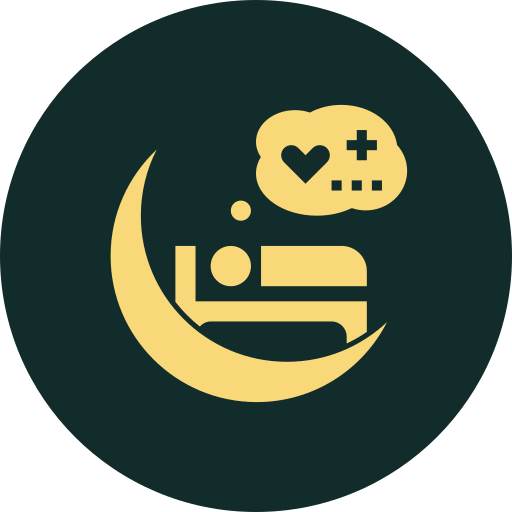
REM Sleep
Approximately 90 minutes after initially falling asleep, REM sleep starts. This is the final stage of one complete sleep cycle. Eye movements will start up again, heartbeat and breathing rate will increase slightly.
This is the ‘dreaming stage.’ It’s also the stage where the brain processes, consolidates, and stores all the memories made during waking hours.
These four stages will repeat over and over again. In a given eight-hour period of sleep, the body may go through four or five cycles.
The first two cycles while sleeping are spent mostly in NREM sleep. These stages often do not have dreams or memories associated during this time. The last two or three cycles of the sleeping process are spent mostly in REM sleep.
If the natural sleep cycle progression is interrupted by alcohol use, this can cause disturbances throughout the body. Alcohol destroys the slow descent into a deep sleep the body naturally follows.
Instead, alcohol causes the body to fall asleep so quickly that the natural cycles are thrown off. The balance between NREM and REM sleep is wrong, which means less REM sleep will occur over the course of the night. Alcohol use before bed can cause less sleeping time and suffer from periods of wakefulness in the middle of the night.
Alcohols Effect on Brain Chemicals
Alcohol alters the sleep cycle because it doesn’t allow the body to transition through stages naturally. However, not only does alcohol cause the stages of sleep to suffer, but it also changes the body’s hormone levels.
The secretion of certain hormones in the pituitary gland can be delayed when unusual sleep occurs. The growth hormone secretion is linked to sleep and is suppressed when consuming alcohol before bed.
Alcohol also has negative effects on adenosine in the body. Adenosine is a chemical that occurs naturally throughout all of the cells in the body. The adenosine in the brain acts as a central nervous system depressant by promoting sleep and suppressing arousal.
Alcohol causes the adenosine in the outside of the brain cells to increase by causing adenosine to stop or delay the process of going into the cells and by increasing adenosine production throughout the body. This change in adenosine allows sleep to arrive quickly, but it is not long-lasting restful sleep.
Sleeping After Alcohol Consumption
If, after having a few drinks, an individual does listen to their body’s cues and falls asleep, the process of falling asleep or “passing out” may happen quickly. Although insomniacs may think this sounds like a cure for insomnia, this type of sleep has negative consequences.
The body goes through unnaturally long cycles of slow-wave sleep, and the homeostatic drive takes note of this. Once the body hits ‘too much’ slow-wave sleep, difficulties achieving deep sleep may occur.
Alcohol often provides an imbalanced sleep experience. Passing out quickly for the first few hours of the night can occur, but in the middle of the night, feelings of restlessness and exhaustion may be manifested.
In the second half of the night, feelings of restlessness, exhaustion, or being overly groggy may occur. Long-term alcohol issues can cause the homeostatic drive to be permanently damaged. After sleep deprivation occurs, the body may encourage deep recovery sleep.
If the homeostatic drive is damaged, the capacity for deep recovery sleep is also damaged. Long-term alcoholics often don’t experience this deep sleep, which can lead to lifelong repercussions from alcohol abuse and chronic sleep deprivation.
Alcohol and Sleep Apnea
Sleep apnea often manifests as a deep irritation since sleep apnea patients often snore louder than anyone would have believed possible. Most people begin complaining about it when they’re sleeping next to a long-term partner.
Sleep apnea is a sleeping disorder that often manifests in abnormal breathing patterns. Often, it occurs with percussive snoring and then momentary lapses where the sleeper ceases to breathe at all. This condition can be life-threatening and panic-inducing for partners.
There are two main types of sleep apnea. The first is obstructive sleep apnea, which is abbreviated as OSA. Obstructive sleep apnea occurs when there are blockages in the throat and often occurs when the sleeper is overweight. This can become a vicious cycle because this disorder causes sleep loss, while sleep loss can prompt weight gain.
When it comes to alcohol and sleep, the second type of apnea is particularly interesting. It’s referred to as central sleep apnea, often abbreviated as CSA. CSA occurs when the brain can’t properly communicate with the muscles that are responsible for controlling breathing. Alcohol can make the airway more likely to collapse during sleep.
During sleep apnea episodes, particularly after a long night of drinking, the sleeper may choke, snore, grunt, or otherwise sound like they’re being smothered. Disruptive snoring is one of the most noted symptoms of sleep apnea since it often wakes up partners and prompts conflict.
Many studies have shown that alcohol causes muscle relaxation, which contributes to central sleep apnea issues. When the muscles relax completely, there’s more resistance when breathing. Then, sleep apnea symptoms occur, in addition to severe disruptive episodes that can be life-threatening.
Studies show that drinking alcohol increases sleep apnea risks by up to 25%. The relationship between alcohol and sleep apnea is still being studied, but current statistics show that there can be a fatal connection.
Drinking Less Alcohol
Denial that alcohol consumption is affecting life and providing negative consequences is common. One of the primary hallmarks of many alcohol addicts is denial that it’s an issue.
A contributor to this issue is how alcohol-friendly American culture is. Potentially fatal binge drinking is often glamorized as a coming-of-age experience. It’s considered to be part of college life, even though many college students are still under the age of 21.
Deciding when alcohol consumption becomes a problem is based on personal, cultural, or interpersonal experience. For men, moderate drinking is classified as two drinks a day, while women are one drink a day. Heavy drinking is classified as having more than 15 drinks for men and more than eight drinks for women.
One single weekend of partying or binge drinking can put many people over the heavy drinking level. This kind of drinking can have a lifelong impact on the body, a sleeping routine, and more.
Getting Help
Alcohol can have multiple negative effects on the body, mind, and relationships. Drinking alcohol can negatively impact sleep by causing changes in brain chemicals and causing difficulties with normal functions of the body. Seeking help for alcohol abuse and addiction can not only help with sleep disturbances but also help overall health and wellbeing.
New Method Wellness offers evidence-based therapy to programs that help support addicts and their loved ones. Our approach is empathetic, knowledge-based, and effective. If you or a loved one a struggling with the effects of alcohol abuse, contact us today to help you answer any questions you may have and get a better understanding of our program.
TAKE THE FIRST STEP
From all of us at New Method Wellness co-occurring treatment center, we wish you peace and serenity in knowing that you or your loved one will get the necessary help.
ACCREDITED BY:
